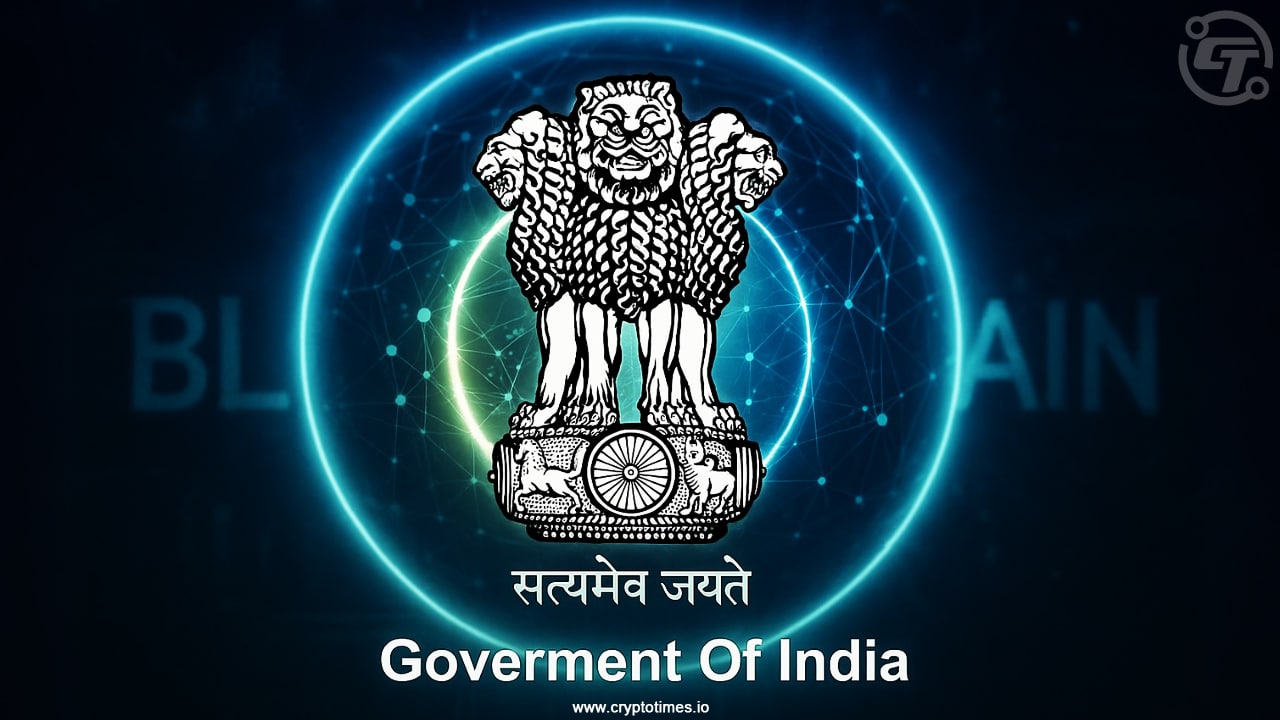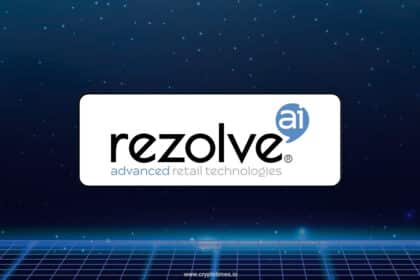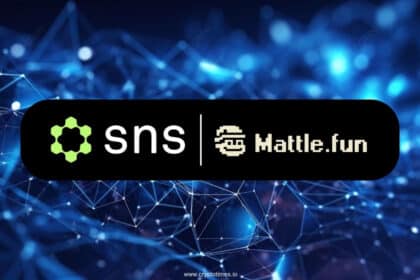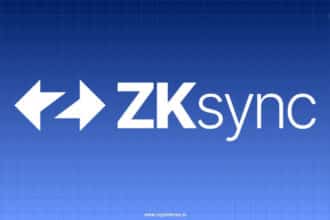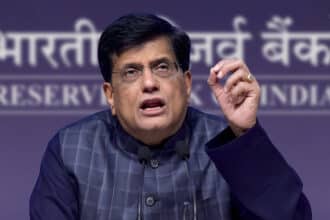The Indian government is moving to embed blockchain and artificial intelligence (AI) into governance and public services, with land records, supply chains, and digital commerce set to be among the first areas of large-scale adoption. The plans were outlined in the Lok Sabha on August 20 as part of the wider ‘Amrit Kaal’ vision for reforms stretching from 2022 to 2047.
Amrit Kaal Roadmap
Minister of State for Electronics and Information Technology (MeitY) Jitin Prasada said the government’s focus is on building an inclusive and transparent system that reduces regional gaps and makes services more accessible.
Among the key initiatives are the AIKosh platform under the IndiaAI mission, which gives access to datasets, models, and AI tools; the Open Government Data portal that provides real-time access to official datasets; and Bhashini, the national language translation mission that supports digital services in multiple Indian languages.
The digital literacy scheme PMGDISHA has already trained close to 64 million people, while the country’s digital public infrastructure, including Aadhaar, DigiLocker, UMANG, and UPI, continues to support large-scale service delivery.
AI and Blockchain in Public Services
Artificial intelligence is being deployed in health, education, and other areas under the IndiaAI mission, which was launched in 2024. The program includes work on foundation models, application development, startup funding, and training for future skills.
Blockchain is being applied to land records in pilot projects in Chandigarh and Telangana. The idea is to make property records tamper-proof and to improve the security of transactions.
Digital trade is also changing with the rise of the Open Network for Digital Commerce (ONDC). The Ministry of MSME has started the TEAM scheme to help small firms come on board. The Ministry of Rural Development has linked its e-Saras platform to ONDC, giving self-help groups a wider market. Common Service Centres are also using the network to connect villages to online trade.
National Blockchain Framework and Vishvasya
To push wider use of blockchain, the Ministry of Electronics and Information Technology (MeitY) has created the National Blockchain Framework. Its technology stack, called Vishvasya, was launched in September 2024. The platform offers blockchain-as-a-service and comes with smart contracts, open APIs and built-in security features.
AKTU Adopts Blockchain for Degrees
A major step outside government services is set to come from the education sector. Dr. APJ Abdul Kalam Technical University (AKTU) will use blockchain to issue nearly 50,000 degrees at its convocation on September 9. It will be the first university in the country to adopt the technology for academic credentials.
Ayush Srivastava, Assistant Registrar of AKTU, said the move would create a decentralized and tamper-proof system for storing and verifying degrees. He added that the process would be simpler for students, institutions, and employers, while ensuring that records cannot be altered.
Cybersecurity and Data Protection
Along with rolling out these technologies, the government is also tightening its cybersecurity and data protection systems. The Indian Computer Emergency Response Team (CERT-In) and the National Cyber Coordination Centre are taking the lead in tracking and tackling threats. They are supported by the India Cyber Crime Coordination Centre (I4C) and the National Critical Information Infrastructure Protection Centre (NCIIPC).
The Digital Personal Data Protection Act, passed in 2023, lays down safeguards for processing personal data, while regular cyber drills and training programs are being carried out for officials and institutions.
Prasada said the combined steps will ensure transparent, secure and tamper-proof governance, with the target of achieving full compliance on data protection and cybersecurity by 2027.
Also Read: CBDT Contemplates If India Needs New Virtual Digital Assets Law


